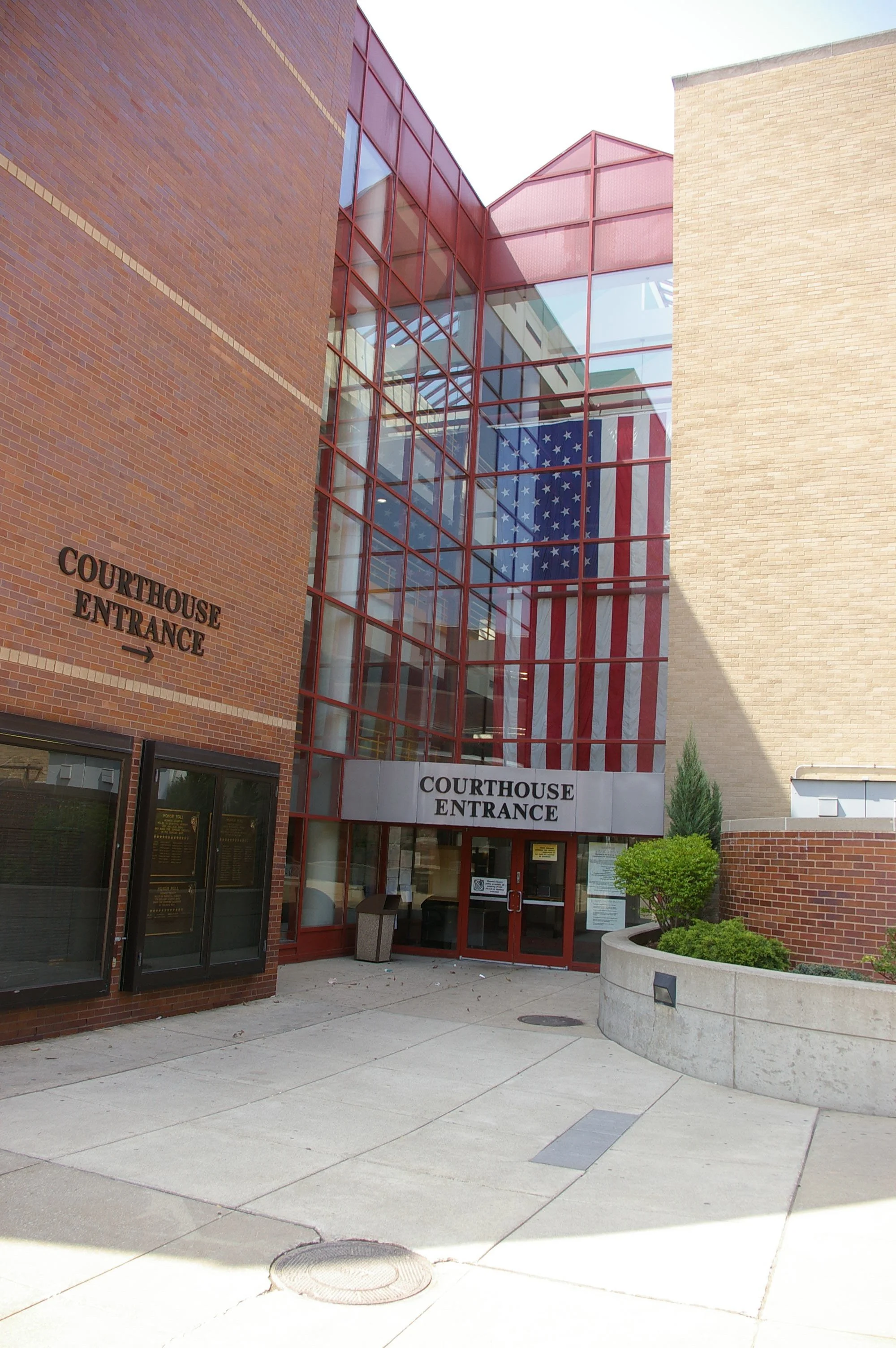Deed Preparation and Recording
Although some property owners may try to DIY a deed, it is advisable to have all real estate documents prepared or reviewed by an attorney. Ambiguous language in a deed can lead to misunderstandings and legal disputes. Attorneys are skilled in drafting precise and unambiguous language to clearly convey the parties' intentions, reducing the likelihood of future conflicts. Real estate transactions involve significant financial and legal implications, and every property and transfer is unique. Working with an attorney helps mitigate the risk of errors, omissions, and oversights that could lead to costly consequences. Attorneys can provide guidance on potential risks and help you make informed decisions.
A deed is a legal document that transfers ownership or interest in real property (and the structures attached) from one party to another.
A deed is a written and signed instrument that serves as evidence of the transfer and outlines the rights, interests, and obligations of the parties involved. Deeds are commonly used in real estate transactions to convey property from a seller (grantor) to a buyer (grantee). There are different types of deeds, and the specific type used can affect the rights and protections provided to the grantee. Some common types of deeds are detailed below.
Types of Deeds:
Warranty Deed: This type of deed provides the highest level of protection to the buyer, as the grantor guarantees that they have clear title to the property and will defend the buyer against any claims to the contrary. This type of deed is typically prepared between third-party buyers and sellers after the completion of title work.
Quit Claim Deed: This type of deed conveys whatever interest the grantor has in the property without making any warranties or guarantees about the title. It is often used in situations where the parties involved have a close relationship, such as between family members.
Ladybird Deed: A Lady Bird Deed, also known as an Enhanced Life Estate Deed, is a type of legal document used in estate planning for real estate. This type of deed allows a property owner to transfer property to beneficiaries while retaining control and the right to use the property during their lifetime.
Fiduciary Deed: A fiduciary deed, whether it is a Trustee's Deed or a Personal Representative's Deed, is a type of deed used in real estate transactions where the person conveying the property (grantor) is acting in a fiduciary capacity.
400 Monroe - 7th Floor
Detroit, MI. 48226
(313) 224-5850
Monroe County Register of Deeds
51 South Macomb Street
Monroe, Michigan, 48161
(734) 240-7390
1200 North Telegraph Road,
Building 12 E,
Pontiac, MI 48341
(248) 858-0581
FAQs about Deeds in Michigan
What is a deed, and why is it important to have a properly drafted one?
A deed is a legal document used to transfer ownership of real property. It's crucial to have a properly drafted deed to ensure the legality of the transfer, define the parties' rights, and establish a clear record of ownership. An attorney can help draft a deed tailored to your specific needs and ensure compliance with Michigan laws.
What types of deeds are commonly used in Michigan real estate transactions?
Common types of deeds in Michigan include Warranty Deeds, Quit Claim Deeds, and Lady Bird Deeds. Each serves different purposes, offering varying levels of protection and warranties. Understanding the differences is vital in choosing the right deed for your situation.
What is the role of recorded instruments in Michigan real estate?
Recorded instruments, such as deeds, are filed with the county Register of Deeds to create a public record of property transactions. Recording helps establish legal ownership, provides notice to potential buyers or creditors, and protects your property rights. An attorney can guide you through the recording process to ensure compliance with Michigan recording requirements.
How does probate affect real estate transfers in Michigan?
Real estate transfers involving deceased individuals often go through probate. Personal Representatives may use a Personal Representative's Deed to transfer property to heirs. An attorney can assist in navigating the probate process and drafting necessary deeds to ensure a smooth transfer of property.
Can I modify or challenge a recorded instrument in Michigan?
Modifying or challenging a recorded instrument can be complex. An attorney can help explore legal options, such as correcting errors through an affidavit or challenging a fraudulent conveyance through legal proceedings. It's crucial to seek legal advice for your specific situation.
What is the purpose of a Lady Bird Deed, and is it recognized in Michigan?
A Lady Bird Deed, or Enhanced Life Estate Deed, allows property owners to retain control during their lifetime while facilitating the transfer of property upon death. It is recognized in Michigan and can be a valuable tool in estate planning. Consult with an attorney to determine if it suits your specific needs.
What is a legal description?
A well-crafted legal description is critical for the validity of real estate transactions, as it serves as the basis for determining the exact location and extent of the property being conveyed. Accuracy and clarity in legal descriptions help prevent disputes and provide a clear record for future reference.
Can a deed avoid transfer taxes?
While a carefully drafted deed can facilitate a smooth and legally valid property transfer, it may not be sufficient to avoid transfer taxes if they are mandated by local laws. Transfer taxes are usually imposed regardless of the form of the deed used, and attempting to use certain types of deeds solely for the purpose of avoiding taxes may be subject to legal scrutiny.
For personalized legal advice on your deed or recordable instruments, contact Thompson Legal. Our experienced attorneys are ready to assist you.
Please note that this FAQ is intended as a general guideline and should not be considered legal advice. If you have specific questions or need legal assistance related to a deed, it is advisable to consult with an experienced attorney who specializes in real estate matters.
-

Buying and Selling Real Estate “As Is” - What You Should Consider Before Signing
The "as is" clause in real property purchase agreements is a crucial provision that significantly impacts the rights and responsibilities of both buyers and sellers. Often viewed as a double-edged sword, this clause can provide flexibility and protection for sellers while posing potential risks for buyers. This article explores the implications of the "as is" clause and highlights what both parties should carefully consider when entering into real estate transactions.
-

Protecting Your Investment: The Legal Benefits of Using an LLC or Corporation for Rental Properties
One strategy that many real estate investors employ is the use of a Limited Liability Company (LLC) or a corporation to hold and manage their rental properties. In this blog post, we'll explore the legal benefits of placing your rental properties within an LLC or corporation.
-

Joint Real Property in Michigan: Ownership Overview
In Michigan, joint real property ownership can take various forms, each with its unique legal implications and considerations. Some property owners seek joint ownership for estate planning purposes, and others for liability protection. In this article, we'll delve into the most common types of joint real property ownership in Michigan to help you better understand this complex legal landscape.




